HOWTO: Be more productive
2005-12-28 00:00:00
参考文章 : HOWTO: Be more productive (Aaron Swartz’s Raw Thought)

“With all the time you spend watching TV,” he tells me, “you could have written a novel by now.” It’s hard to disagree with the sentiment — writing a novel is undoubtedly a better use of time than watching TV — but what about the hidden assumption? Such comments imply that time is “fungible” — that time spent watching TV can just as easily be spent writing a novel. And sadly, that’s just not the case.
Time has various levels of quality. If I’m walking to the subway station and I’ve forgotten my notebook, then it’s pretty hard for me to write more than a couple paragraphs. And it’s tough to focus when you keep getting interrupted. There’s also a mental component: sometimes I feel happy and motivated and ready to work on something, but other times I feel so sad and tired I can only watch TV.
If you want to be more productive then, you have to recognize this fact and deal with it. First, you have to make the best of each kind of time. And second, you have to try to make your time higher-quality.
Spend time efficiently
Choose good problems
Life is short (or so I’m told) so why waste it doing something dumb? It’s easy to start working on something because it’s convenient, but you should always be questioning yourself about it. Is there something more important you can work on? Why don’t you do that instead? Such questions are hard to face up to (eventually, if you follow this rule, you’ll have to ask yourself why you’re not working on the most important problem in the world) but each little step makes you more productive.
This isn’t to say that all your time should be spent on the most important problem in the world. Mine certainly isn’t (after all, I’m writing this essay). But it’s definitely the standard against which I measure my life.
Have a bunch of them
Another common myth is that you’ll get more done if you pick one problem and focus on it exclusively. I find this is hardly ever true. Just this moment for example, I’m trying to fix my posture, exercise some muscles, drink some fluids, clean off my desk, IM with my brother, and write this essay. Over the course the day, I’ve worked on this essay, read a book, had some food, answered some email, chatted with friends, done some shopping, worked on a couple other essays, backed up my hard drive, and organized my book list. In the past week I’ve worked on several different software projects, read several different books, studied a couple different programming languages, moved some of my stuff, and so on.
Having a lot of different projects gives you work for different qualities of time. Plus, you’ll have other things to work on if you get stuck or bored (and that can give your mind time to unstick yourself).
It also makes you more creative. Creativity comes from applying things you learn in other fields to the field you work in. If you have a bunch of different projects going in different fields, then you have many more ideas you can apply.
Make a list
Coming up with a bunch of different things to work on shouldn’t be hard — most people have tons of stuff they want to get done. But if you try to keep it all in your head it quickly gets overwhelming. The psychic pressure of having to remember all of it can make you crazy. The solution is again simple: write it down.
Once you have a list of all the things you want to do, you can organize it by kind. For example, my list is programming, writing, thinking, errands, reading, listening, and watching (in that order).
Most major projects involve a bunch of these different tasks. Writing this, for example, involves reading about other procrastination systems, thinking up new sections of the article, cleaning up sentences, emailing people with questions, and so on, all in addition to the actual work of writing the text. Each task can go under the appropriate section, so that you can do it when you have the right kind of time.
Integrate the list with your life
Once you have this list, the problem becomes remembering to look at it. And the best way to remember to look at it is to make looking at it what you would do anyway. For example, I keep a stack of books on my desk, with the ones I’m currently reading on top. When I need a book to read, I just grab the top one off the stack.
I do the same thing with TV/movies. Whenever I hear about a movie I should watch, I put it in a special folder on my computer. Now whenever I feel like watching TV, I just open up that folder.
I’ve also thought about some more intrusive ways of doing this. For example, a web page that pops up with a list of articles in my “to read” folder whenever I try to check some weblogs. Or maybe even a window that pops up with work suggestions occasionally for me to see when I’m goofing off.
Make your time higher quality
Making the best use of the time you have can only get you so far. The much more important problem is making more higher quality time for yourself. Most people’s time is eaten up by things like school and work. Obviously if you attend one of these, you should stop. But what else can you do?
Ease physical constraints
Carry pen and paper
Pretty much everyone interesting I know has some sort of pocket notebook they carry at all times. Pen and paper is immediately useful in all kinds of circumstances — if you need to write something down for somebody, take notes on something, scratch down an idea, and so on. I’ve even written whole articles in the subway.1
(I used to do this, but now I just carry my computerphone everywhere. It doesn’t let me give people information physically, but it makes up for it by giving me something to read all the time (email) and pushing my notes straight into my email inbox, where I’m forced to deal with them right away.)
Avoid being interrupted
For tasks that require serious focus, you should avoid getting interrupted. One simple way is to go somewhere interrupters can’t find you. Another is to set up an agreement with the people around you: “don’t bother me when the door is closed” or “IM me if I have headphones on” (and then you can ignore the IMs until you’re free).
You don’t want to overdo it. Sometimes if you’re really wasting time you should be distracted. It’s a much better use of time to help someone else with their problem than it is to sit and read the news. That’s why setting up specific agreements is a good idea: you can be interrupted when you’re not really focusing.
Ease mental constraints
Eat, sleep, exercise
Time when you’re hungry or tired or twitchy is low-quality time. Improving it is simple: eat, sleep, and exercise. Yet I somehow manage to screw up even this. I don’t like going to get food, so I’ll often work right through being hungry and end up so tired out that I can’t bring myself to go get food.2
It’s tempting to say to yourself, “I know I’m tired but I can’t take a nap — I have work to do”. In fact, you’ll be much more productive if you do take that nap, since you’ll improve the quality of the day’s remaining time and you were going to have to sleep sometime anyway.
I don’t really exercise much so I’m probably not the best person to give advice on that bit, but I do try to work it in where I can. While I’m lying down reading, I do situps. And when I need to go somewhere on foot, I run.
Talk to cheerful people
Easing mental constraints is much harder. One thing that helps is having friends who are cheerful. For example, I always find myself much more inclined to work after talking to Paul Graham or Dan Connolly — they just radiate energy. It’s tempting to think that you need to get away from people and shut yourself off in your room to do any real work, but this can be so demoralizing that it’s actually less efficient.
Share the load
Even if your friends aren’t cheerful, just working on a hard problem with someone else makes it much easier. For one thing, the mental weight gets spread across both people. For another, having someone else there forces you to work instead of getting distracted.
Procrastination and the mental force field
But all of this is sort of dodging the issue. The real productivity problem people have is procrastination. It’s something of a dirty little secret, but everyone procrastinates — severely. It’s not just you. But that doesn’t mean you shouldn’t try to stop it.
What is procrastination? To the outside observer, it looks like you’re just doing something “fun” (like playing a game or reading the news) instead of doing your actual work. (This usually causes the outside observer to think you’re lazy and bad.) But the real question is: what’s going on inside your head?
I’ve spent a bunch of time trying to explore this and the best way I can describe it is that your brain puts up a sort of mental force field around a task. Ever play with two magnets? If you orient the magnets properly and try to push them towards each other, they’ll repel fiercely. As you move them around, you can sort of feel out the edges of the magnetic field. And as you try to bring the magnets together, the field will push you back or off in another direction.
The mental block seems to work in the same way. It’s not particularly solid or visible, but you can sort of feel it around the edges. And the more you try to go towards it the more it pushes you away. And so, not surprisingly, you end up going in another direction.3
And just as you can’t get two repelling magnets to sit together just by pushing real hard — they’ll fling back as soon as you stop pushing — I’ve never been able to overcome this mental force field through sheer willpower. Instead, you have to be sneaky about it — you have to rotate a magnet.
So what causes the mental force field? There appear to be two major factors: whether the task is hard and whether it’s assigned.
Hard problems
Break it down
The first kind of hard problem is the problem that’s too big. Say you want to build a recipe organizing program. Nobody can really just sit down and build a recipe organizer. That’s a goal, not a task. A task is a specific concrete step you can take towards your goal. A good first task might be something like “draw a mockup of the screen that displays a recipe”. Now that’s something you can do.4
And when you do that, the next steps become clearer. You have to decide what a recipe consists of, what kind of search features are needed, how to structure the recipe database, and so on. You build up a momentum, each task leading to the next. And as your brain gets crunching on the subject, it becomes easier to solve that subject’s problems.
For each of my big projects, I think of all the tasks I can do next for them and add them to my categorized todo list (see above). And when I stop working on something, I add its next possible tasks to the todo list.
Simplify it
Another kind of hard problem is the one that’s too complicated or audacious. Writing a book seems daunting, so start by doing an essay. If an essay is too much, start by writing a paragraph summary. The important thing is to have something done right away.
Once you have something, you can judge it more accurately and understand the problem better. It’s also much easier to improve something that already exists than to work at a blank page. If your paragraph goes well, then maybe it can grow into an essay and then into a book, little by little, a perfectly reasonable piece of writing all the way through..
Think about it
Often the key to solving a hard problem will be getting some piece of inspiration. If you don’t know much about the field, you should obviously start by researching it — see how other people did things, get a sense of the terrain. Sit and try and understand the field fully. Do some smaller problems to see if you have a handle on it.
Assigned problems
Assigned problems are problems you’re told to work on. Numerous psychology experiments have found that when you try to “incentivize” people to do something, they’re less likely to do it and do a worse job. External incentives, like rewards and punishments, kills what psychologists call your “intrinsic motivation” — your natural interest in the problem. (This is one of the most thoroughly replicated findings of social psychology — over 70 studies have found that rewards undermine interest in the task.)5 People’s heads seem to have a deep avoidance of being told what to do.6
The weird thing is that this phenomenon isn’t just limited to other people — it even happens when you try to tell yourself what to do! If you say to yourself, “I should really work on X, that’s the most important thing to do right now” then all of the sudden X becomes the toughest thing in the world to make yourself work on. But as soon as Y becomes the most important thing, the exact same X becomes much easier.
Create a false assignment
This presents a rather obvious solution: if you want to work on X, tell yourself to do Y. Unfortunately, it’s sort of difficult to trick yourself intentionally, because you know you’re doing it. 7So you’ve got to be sneaky about it.
One way is to get someone else to assign something to you. The most famous instance of this is grad students who are required to write a dissertation, a monumentally difficult task that they need to do to graduate. And so, to avoid doing this, grad students end up doing all sorts of other hard stuff.
The task has to both seem important (you have to do this to graduate!) and big (hundreds of pages of your best work!) but not actually be so important that putting it off is going to be a disaster.
Don’t assign problems to yourself
It’s very tempting to say “alright, I need to put all this aside, hunker down and finish this essay”. Even worse is to try to bribe yourself into doing something, like saying “alright, if I just finish this essay then I’ll go and eat some candy”. But the absolute worst of all is to get someone else to try to force you to do something.
All of these are very tempting — I’ve done them all myself — but they’re completely counterproductive. In all three cases, you’ve basically assigned yourself a task. Now your brain is going to do everything it can to escape it.
Make things fun
Hard work isn’t supposed to be pleasant, we’re told. But in fact it’s probably the most enjoyable thing I do. Not only does a tough problem completely absorb you while you’re trying to solve it, but afterwards you feel wonderful having accomplished something so serious.
So the secret to getting yourself to do something is not to convince yourself you have to do it, but to convince yourself that it’s fun. And if it isn’t, then you need to make it fun.
I first got serious about this when I had to write essays for college. Writing essays isn’t a particularly hard task, but it sure is assigned. Who would voluntarily write a couple pages connecting the observations of two random books? So I started making the essays into my own little jokes. For one, I decided to write each paragraph in its own little style, trying my best to imitate various forms of speech. (This had the added benefit of padding things out.)8
Another way to make things more fun is to solve the meta-problem. Instead of building a web application, try building a web application framework with this as the example app. Not only will the task be more enjoyable, but the result will probably be more useful.
Conclusion
There are a lot of myths about productivity — that time is fungible, that focusing is good, that bribing yourself is effective, that hard work is unpleasant, that procrastinating is unnatural — but they all have a common theme: a conception of real work as something that goes against your natural inclinations.
And for most people, in most jobs, this may be the case. There’s no reason you should be inclined to write boring essays or file pointless memos. And if society is going to force you to do so anyway, then you need to learn to shut out the voices in your head telling you to stop.
But if you’re trying to do something worthwhile and creative, then shutting down your brain is entirely the wrong way to go. The real secret to productivity is the reverse: to listen to your body. To eat when you’re hungry, to sleep when you’re tired, to take a break when you’re bored, to work on projects that seem fun and interesting.
It seems all too simple. It doesn’t involve any fancy acronyms or self-determination or personal testimonials from successful businessmen. It almost seems like common sense. But society’s conception of work has pushed us in the opposite direction. If we want to be more productive, all we need to do is turn around.
Further reading
If you want to learn more about the pscyhology of motivation, there is nothing better than Alfie Kohn. He’s written many articles on the subject and an entire book, Punished by Rewards, which I highly recommend.
I hope to address how to quit school in a future essay, but you should really just go out and pick up The Teenage Liberation Handbook. If you’re a computer person, one way to quit your job is by applying for funding from Y Combinator. Meanwhile, Mickey Z’s book The Murdering of My Years features artists and activists describing how they manage to make ends meet while still doing what they want.
Notes
- Believe it or not, I actually have written in subways. It’s easy to come up with excuses as to why you’re not actually working — you don’t have enough time before your next appointment, people are making noise downstairs, etc. — but I find that when the inspiration strikes me, I can actually write stuff down on a subway car, where it’s absurdly loud and I only have a couple minutes before I have to get out and start walking. ↩︎
- The same problem exists for sleep. There’s nothing worse than being too tired to go to bed — you just feel like a zombie. ame problem exists for sleep. There’s nothing worse than being too tired to go to bed — you just feel like a zombie. ↩︎
- Now it turns out I experience this same phenomenon in another area: shyness. I often don’t want to call a stranger up on the phone or go talk to someone at a party and I have the exact same mental field pushing me off in some other direction. I suspect this might be because shyness is also a trait that results from a problematic childhood. (See “Assigned problems”.) Of course, this is all very speculative. ↩︎
- While the terminology I use here (“next concrete step”) is derived from David Allen’s Getting Things Done, a lot of the principles here are (perhaps even unconsciously) applied in Extreme Programming (XP). Extreme Programming is presented as this system for keeping programs organized, but I find that a lot of it is actually good advice for avoid procrastination.
For example, pair programming automatically spreads the mental weight of the task across two people as well as giving people something useful to do during lower-quality time. Breaking a project down into concrete steps is another key part of XP, as is getting something that works done right away and improving on it (“Simplify it” infra). And these are just the things that aren’t programming-specific. ↩︎ - For a fantastic overview of the literature, see Alfie Kohn, Punished By Rewards. This specific claim is drawn from his article Challenging Behaviorist Dogma: Myths About Money and Motivation. ↩︎
- I originally simply assumed this was somehow biological, but Paul Graham pointed out it’s more likely learned. When you’re little, your parents try their best to manipulate you. They say do your homework and your mind tries to wriggle free and think about something else. Soon enough the wriggling becomes habit. Either way, it’s going to be a tough problem to fix. I’ve given up trying to change this; now I try to work around it. ↩︎
- Richard Feynman tells a story about how he was trying to explore his own dreams, much the way I’ve tried to explore my own procrastination. Each night, he’d try to observe what happened to himself as he fell asleep:
I’m dreaming one night as usual, making observations, … and then I realize I’ve been sleeping with the back of my head against a brass rod. I put my hand behind my head and I feel that the back of my head is soft. I think, “Aha! That’s why I’ve been able to make all these observations in my dreams: the brass rod has disturbed my visual cortex. All I have to do is sleep with a brass rod under my head and I can make these observations any time I want. So I think I’ll stop making observations on this one and go into deeper sleep.”
When I woke up later, there was no brass rod, nor was the back of my head soft. Somehow … my brain had invented false reasons as to why I shouldn’t [observe my dreams] any more. (Surely You’re Joking, Mr. Feynman!, 50)
Your brain is a lot more powerful than you are. ↩︎ - So, for example, instead of writing “By contrast, Riis doesn’t quote many people.”, I wrote: “Riis, however, whether because of a personal deficit in the skill-based capacity required for collecting aurally-transmitted person-centered contemporaneous ethnographies into published paper-based informative accounts or simply a lack of preference for the reportage of community-located informational correspondents, demonstrates a total failure in producing a comparable result.”
The professor, apparently seriously desensitized to bad writing, never seemed to realize I was joking (despite going over the paper with me one-on-one!). ↩︎
中文版
如何: 提高生产力

“你花了这么多时间看电视,”他告诉我,“你现在已经可以写一本小说了。很难不同意这种观点——写小说无疑比看电视更能利用时间——但隐藏的假设呢?这样的评论暗示时间是“可替代的”——花在看电视上的时间可以很容易地花在写小说上。可悲的是,事实并非如此。
时间有不同程度的质量。如果我走在去地铁站的路上,我忘了带笔记本,那么我很难写超过几段。当你不断被打断时,很难集中注意力。还有一个心理成分:有时我感到快乐和有动力,并准备好做某事,但有时我感到非常悲伤和疲惫,我只能看电视。
如果你想提高工作效率,你必须认识到这个事实并处理它。首先,您必须充分利用每种时间。其次,你必须努力让你的时间更高质量。
高效地利用时间
选择好问题
生命是短暂的(或者我是这么说的),那么为什么要浪费它去做一些愚蠢的事情呢?开始做某事很容易,因为它很方便,但你应该始终质疑自己。你有没有更重要的事情可以做?你为什么不这样做呢?这样的问题很难面对(最终,如果你遵循这条规则,你将不得不问自己为什么你不去解决世界上最重要的问题),但每一小步都会让你更有效率。
这并不是说你所有的时间都应该花在世界上最重要的问题上。我的肯定不是(毕竟,我正在写这篇文章)。但这绝对是我衡量自己生活的标准。
有一堆
另一个常见的神话是,如果您选择一个问题并专注于它,您将完成更多工作。我发现这几乎从来都不是真的。例如,就在此时此刻,我正在努力调整我的姿势,锻炼一些肌肉,喝一些液体,清理我的桌子,和我哥哥做 IM,然后写这篇文章。在这一天的课程里,我写了这篇文章,读了一本书,吃了一些东西,回复了一些电子邮件,和朋友聊天,买了一些东西,写了几篇其他文章,备份了我的硬盘,并整理了我的书单。在过去的一周里,我参与了几个不同的软件项目,阅读了几本不同的书籍,研究了几种不同的编程语言,移动了一些我的东西,等等。
拥有许多不同的项目会让你的工作时间质量不同。此外,如果您遇到困难或无聊,您将还有其他事情要做(这可以让您的大脑有时间让自己放松下来)。
它还会让你更有创意。创造力来自于将您在其他领域学到的东西应用到您工作的领域。如果你在不同的领域有一堆不同的项目,那么你可以应用更多的想法。
制作列表
想出一堆不同的工作应该不难——大多数人都有很多事情想要完成。但是,如果你试图把所有事情都记在脑海里,它很快就会变得不知所措。必须记住所有这些的精神压力会让你发疯。解决方案同样简单:把它写下来。
一旦你有一个列出你想做的所有事情的列表,你就可以按种类来组织它。例如,我的列表是编程、写作、思考、差事、阅读、听力和观看(按此顺序)。
大多数主要项目都涉及一系列不同的任务。例如,写这个涉及阅读其他拖延系统、想出文章的新部分、清理句子、给人们发电子邮件提问等等,所有这些都是除了写文本的实际工作之外。每个任务都可以放在适当的部分下,这样你就可以在合适的时间做。
将列表与您的生活相结合
一旦你有了这个清单,问题就变成了记得看它。记住看它的最好方法是让看它成为你无论如何都会做的事情。例如,我在书桌上放了一摞书,我正在读的书在上面。当我需要读一本书时,我就从书堆上拿起最上面的那本书。
我对电视/电影做同样的事情。每当我听到我应该看的电影时,我都会把它放在我电脑上的一个特殊文件夹中。现在,每当我想看电视时,我都会打开那个文件夹。
我还考虑了一些更具侵入性的方法来实现这一点。例如,每当我尝试查看一些网络日志时,一个网页就会弹出我的“待读”文件夹中的文章列表。或者甚至可能是一个窗口,偶尔会弹出一些工作建议,供我查看何时偷懒。
让您的时间更有质量
充分利用你所拥有的时间只能让你走得更远。更重要的问题是为自己创造更多更高质量的时间。大多数人的时间都被学校和工作等事情占用了。显然,如果你参加其中之一,你应该停下来。但是你还能做什么呢?
缓解物理限制
携带笔和纸
我认识的几乎所有有趣的人都随身携带某种袖珍笔记本。笔和纸在各种情况下都非常有用——如果你需要为某人写下一些东西,做一些笔记,写下一个想法,等等。我甚至在地铁里写了整篇文章。
(我以前这样做,但现在我只是随身携带我的电脑手机。它不允许我亲自向人们提供信息,但它通过给我一些可以一直阅读的东西(电子邮件)并将我的笔记直接推送到我的电子邮件收件箱来弥补这一点,在那里我被迫立即处理它们。
避免被打断
对于需要认真关注的任务,您应该避免被打扰。一种简单的方法是去打断者找不到你的地方。另一种是与周围的人达成协议:“关门时不要打扰我”或“如果我戴着耳机,请给我发 IM”(然后你可以忽略 IM,直到你有空)。
你不想做得太过分。有时,如果你真的在浪费时间,你应该分心。帮助别人解决他们的问题比坐下来阅读新闻要好得多。这就是为什么制定具体的协议是个好主意:当你没有真正集中注意力时,你可能会被打断。
缓解心理束缚
吃饭、睡觉、锻炼
饥饿、疲倦或抽搐的时间是低质量的时间。改善它很简单:吃饭、睡觉和锻炼。然而,我不知何故甚至设法搞砸了这一切。我不喜欢去吃东西,所以我经常在饥饿的情况下工作,结果累得无法让自己去吃东西。
很想对自己说:“我知道我很累,但我不能小睡——我有工作要做”。事实上,如果你真的小睡一会儿,你的工作效率会大大提高,因为你会提高一天剩余时间的质量,而且无论如何你都得睡一觉。
我真的不怎么运动,所以我可能不是就此提供建议的最佳人选,但我确实会尽我所能进行锻炼。当我躺下阅读时,我会做仰卧起坐。当我需要步行去某个地方时,我会跑步。
与开朗的人交谈
缓解心理束缚要困难得多。有帮助的一件事是拥有开朗的朋友。例如,在与 Paul Graham 或 Dan Connolly 交谈后,我总是发现自己更倾向于工作——他们只是散发着能量。人们很容易认为你需要远离人群,把自己关在房间里才能做任何真正的工作,但这可能会非常令人沮丧,以至于实际上效率较低。
分担负载
即使你的朋友不高兴,只是和别人一起解决一个难题也会容易得多。一方面,精神上的负担会分散在两个人身上。另一方面,有其他人在场会迫使你工作而不是分心。
拖延和心理力场
但所有这些都是在回避这个问题。人们真正的生产力问题是拖延。这是一个肮脏的小秘密,但每个人都会拖延——严重拖延。不仅仅是你。但这并不意味着你不应该试图阻止它。
什么是拖延症?在外部观察者看来,你似乎只是在做一些“好玩”的事情(比如玩游戏或阅读新闻),而不是做你的实际工作。(这通常会导致外部观察者认为你很懒惰和糟糕。但真正的问题是:你脑子里在想什么?
我花了很多时间试图探索这一点,我能描述它的最好方式是你的大脑围绕一项任务建立了一种精神力场。玩过两个磁铁吗?如果你正确地定位磁铁并尝试将它们推向彼此,它们会猛烈地排斥。当你移动它们时,你可以感觉到磁场的边缘。当你试图将磁铁聚集在一起时,磁场会将你推向另一个方向。
心理障碍似乎以同样的方式运作。它不是特别坚实或可见,但你可以在边缘感觉到它。你越是试图走向它,它就越是把你推开。因此,毫不奇怪,你最终会走向另一个方向。
就像你不能仅仅通过用力推动就能让两块排斥力的磁铁坐在一起——一旦你停止推动,它们就会向后甩——我从来都无法通过纯粹的意志力来克服这个精神力场。相反,你必须偷偷摸摸地对待它——你必须旋转一块磁铁。
那么是什么导致了心理力场呢?似乎有两个主要因素:任务是否困难以及是否被分配。
难题
分解
第一种难题是太大的问题。假设你想构建一个配方组织程序。没有人可以真正坐下来构建一个配方管理器。这是一个目标,而不是任务。任务是你可以为实现目标而采取的具体步骤。一个好的第一个任务可能是 “绘制显示配方的屏幕模型”。现在,这是你可以做的事情。
当你这样做时,下一步就会变得更加清晰。你必须决定食谱由什么组成,需要什么样的搜索功能,如何构建食谱数据库,等等。你建立了一个动力,每个任务都会导致下一个任务。当你的大脑开始思考这个主题时,解决该主题的问题就会变得更容易。
对于我的每一个大项目,我都会考虑接下来可以为他们做的所有任务,并将它们添加到我的分类待办事项列表中(见上文)。当我停止做某事时,我会将其下一个可能的任务添加到待办事项列表中。
简化
另一种难题是太复杂或太大胆的问题。写一本书似乎令人生畏,所以先写一篇文章。如果一篇文章太多,先写一个段落摘要。重要的是立即做某事。
一旦你有了东西,你就可以更准确地判断它并更好地理解问题。改进已经存在的东西也比在空白页上工作要容易得多。如果你的段落进展顺利,那么也许它可以发展成一篇文章,然后变成一本书,一点一点地,一篇完全合理的文章。
想想吧
通常,解决难题的关键是获得一些灵感。如果你对这个领域了解不多,你显然应该从研究它开始——看看其他人是怎么做的,了解地形。坐下来尝试完全了解这个领域。做一些小问题,看看你是否能掌握它。
分配的问题
分配的问题是你被告知要努力解决的问题。许多心理学实验发现,当你试图“激励”人们做某事时,他们不太可能去做,而且工作做得更差。外部激励,如奖励和惩罚,会扼杀心理学家所说的“内在动机”——你对问题的自然兴趣。(这是社会心理学最彻底复制的发现之一——70 多项研究发现,奖励会削弱对任务的兴趣。人们的头脑似乎非常回避被告知该做什么。
奇怪的是,这种现象不仅限于其他人——甚至在你试图告诉自己该怎么做时也会发生!如果你对自己说,“我真的应该在 X 上努力,这是现在最重要的事情”,那么突然之间,X 就变成了世界上最难让自己努力的事情。但是一旦 Y 成为最重要的东西,完全相同的 X 就会变得容易得多。
创建 false 作业
这提供了一个相当明显的解决方案:如果你想在 X 上工作,就告诉自己做 Y。不幸的是,故意欺骗自己有点困难,因为你知道你正在这样做。 所以你得偷偷摸摸。
一种方法是让其他人为您分配一些东西。这方面最著名的例子是研究生需要写一篇论文,这是一项他们毕业需要完成的极其艰巨的任务。因此,为了避免这样做,研究生最终会做各种其他困难的事情。
任务必须看起来既重要(你必须这样做才能毕业!)又大(数百页你最好的作品!),但实际上又不能太重要,以至于推迟它会是一场灾难。
不要将问题分配给自己
说“好吧,我需要把这一切放在一边,蹲下来完成这篇文章”是非常诱人的。更糟糕的是试图贿赂自己做某事,比如说“好吧,如果我完成这篇文章,那我就去吃点糖果”。但绝对最糟糕的是让别人试图强迫你做某事。
所有这些都非常诱人——我自己都做过——但它们完全适得其反。在所有三种情况下,你基本上都给自己分配了一个任务。现在你的大脑将尽一切可能逃避它。
让事情变得有趣
我们被告知,艰苦的工作不应该是愉快的。但事实上,这可能是我做的最愉快的事情。不仅在你试图解决一个棘手的问题时,它会让你完全全神贯注,而且事后你会因为完成了如此严肃的事情而感到美妙。
所以让自己做某事的秘诀不是说服自己必须去做,而是让自己相信它很有趣。如果不是,那么你需要让它变得有趣。
我第一次认真对待这个问题是在我必须为大学写论文的时候。写论文并不是一项特别困难的任务,但它肯定是被分配的。谁会自愿写几页来连接两本随机书籍的观察结果呢?所以我开始把这些文章变成我自己的小笑话。首先,我决定用自己的小风格写每个段落,尽我所能模仿各种形式的语音。(这还有一个额外的好处,就是把事情填充出去。
另一种让事情变得更有趣的方法是解决元问题。与其构建 Web 应用程序,不如尝试以此作为示例应用程序构建 Web 应用程序框架。不仅任务会更有趣,而且结果可能会更有用。
结论
关于生产力有很多神话——时间是可替代的,专注是好的,贿赂自己是有效的,努力工作是不愉快的,拖延是不自然的——但它们都有一个共同的主题:将真正的工作视为违背你的自然倾向的东西。
对于大多数人来说,在大多数工作中,情况可能是这样。你没有理由倾向于写无聊的文章或提交毫无意义的备忘录。如果社会无论如何都要强迫你这样做,那么你需要学会把你脑海中告诉你停下来的声音拒之门外。
但是,如果你想做一些有价值和有创意的事情,那么关闭你的大脑完全是错误的方法。提高工作效率的真正秘诀恰恰相反:倾听您的身体。饿了就吃东西,累了就睡觉,无聊就休息一下,做看起来很有趣的项目。
这似乎太简单了。它不涉及任何花哨的首字母缩略词或自决或成功商人的个人推荐。这几乎看起来像是常识。但社会的工作观念将我们推向了相反的方向。如果我们想提高工作效率,我们需要做的就是转身。
延伸阅读
如果您想了解更多关于动机的心理学,没有什么比 Alfie Kohn 更好的了。他写了很多关于这个主题的文章,还有一整本书,我强烈推荐这本书,《惩罚奖励》。
我希望在以后的文章中讨论如何退学,但你真的应该出去拿起《青少年解放手册》。如果你是计算机专家,辞职的一种方法是向 Y Combinator 申请资金。与此同时,Mickey Z 的书 The Murdering of My Years 讲述了艺术家和活动家如何设法维持生计,同时仍然做他们想做的事。
脚注
- 信不信由你,我实际上在地铁里写过。你很容易想出借口来解释你为什么真的没有工作——在下一次约会之前你没有足够的时间,人们在楼下制造噪音等等——但我发现,当灵感来袭时,我实际上可以在地铁车厢上写下东西,那里的声音大得离谱,我只有几分钟的时间才能下车开始走路。
- 睡眠也存在同样的问题。没有什么比太累而无法上床睡觉更糟糕的了——你只是觉得自己像个僵尸。
- 现在事实证明,我在另一个领域也经历了同样的现象:害羞。我经常不想打电话给陌生人或去参加聚会的人聊天,而我有完全相同的心理领域将我推向另一个方向。我怀疑这可能是因为害羞也是有问题的童年造成的一种特征。(参见 “分配的问题”)当然,这都是非常推测的。
- 虽然我在这里使用的术语(“下一步”)源自 David Allen 的 Getting Things Done,但这里的许多原则都(甚至可能是无意识地)应用于极限编程 (XP)。极限编程是作为保持程序井井有条的系统来呈现的,但我发现其中很多实际上是避免拖延的好建议。例如,结对编程会自动将任务的脑力负担分散给两个人,并在低质量的时间里给人们一些有用的事情做。将项目分解为具体步骤是 XP 的另一个关键部分,立即完成工作并对其进行改进(“简化”基础设施)也是如此。而这些只是不是特定于编程的东西。
- 有关文献的精彩概述,请参阅 Alfie Kohn,Punished By Rewards。这个具体的说法来自他的文章 挑战行为主义教条:关于金钱和动机的神话.
- 我最初只是简单地假设这在某种程度上是生物学的,但保罗·格雷厄姆指出这更有可能是后天习得的。当你小的时候,你的父母想尽办法纵你。他们说做你的功课,你的大脑会试着自由地蠕动,去想别的事情。很快,这种蠕动就变成了习惯。无论哪种方式,这都将是一个难以解决的问题。我已经放弃了改变这一点的尝试;现在我试着解决这个问题。
- 理查德·费曼 (Richard Feynman) 讲述了一个关于他如何尝试探索自己的梦想的故事,就像我试图探索自己的拖延症一样。每天晚上,他都会试着观察自己睡着时发生了什么:有一天晚上,我像往常一样做梦,进行观察,……然后我意识到我一直在睡觉,我的后脑勺靠着一根黄铜棒。我把手放在脑后,我觉得我的后脑勺很柔软。我想,“啊哈!这就是为什么我能够在梦中进行所有这些观察:黄铜棒扰乱了我的视觉皮层。我所要做的就是在头下放一根黄铜棒睡觉,我可以随时进行这些观察。所以我想我会停止对这个观察,进入更深的睡眠。当我后来醒来时,没有黄铜棒,我的后脑勺也没有软。 不知何故。。。 我的大脑编造了错误的理由,为什么我不应该再[观察我的梦]了。(你肯定在开玩笑,费曼先生,50岁)你的大脑比你强大得多。
- 因此,例如,我没有写“相比之下,Riis 没有引用很多人”,而是写道:“然而,Riis,无论是因为个人缺乏将听觉传播的、以人为中心的同时代人种学收集到已出版的纸质信息报道中所需的技能能力,还是仅仅因为缺乏对社区信息记者的报道的偏好,都表明完全无法产生可比的结果。这位教授显然对糟糕的写作严重麻木,似乎从来没有意识到我在开玩笑(尽管我一对一地看了一遍论文!

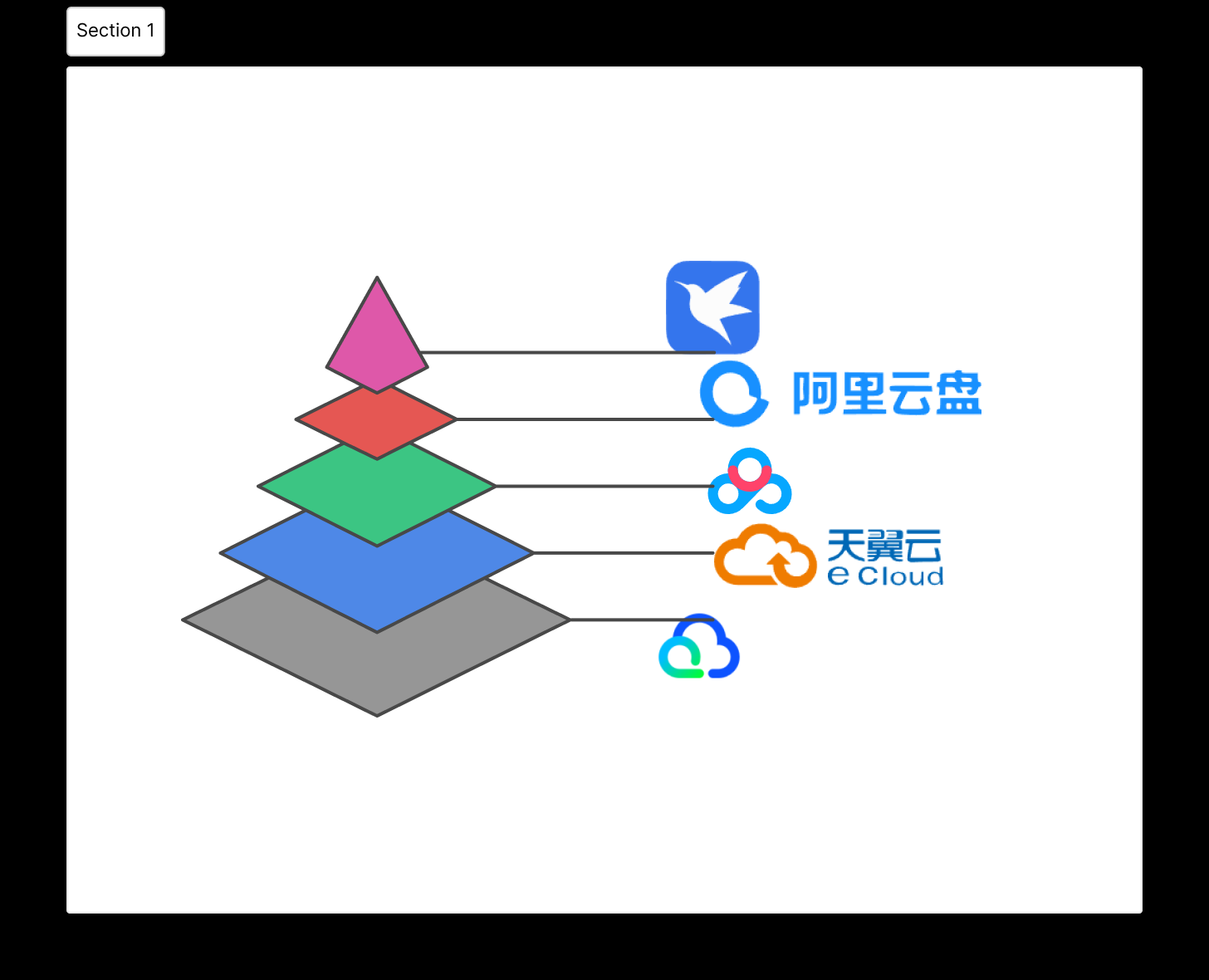
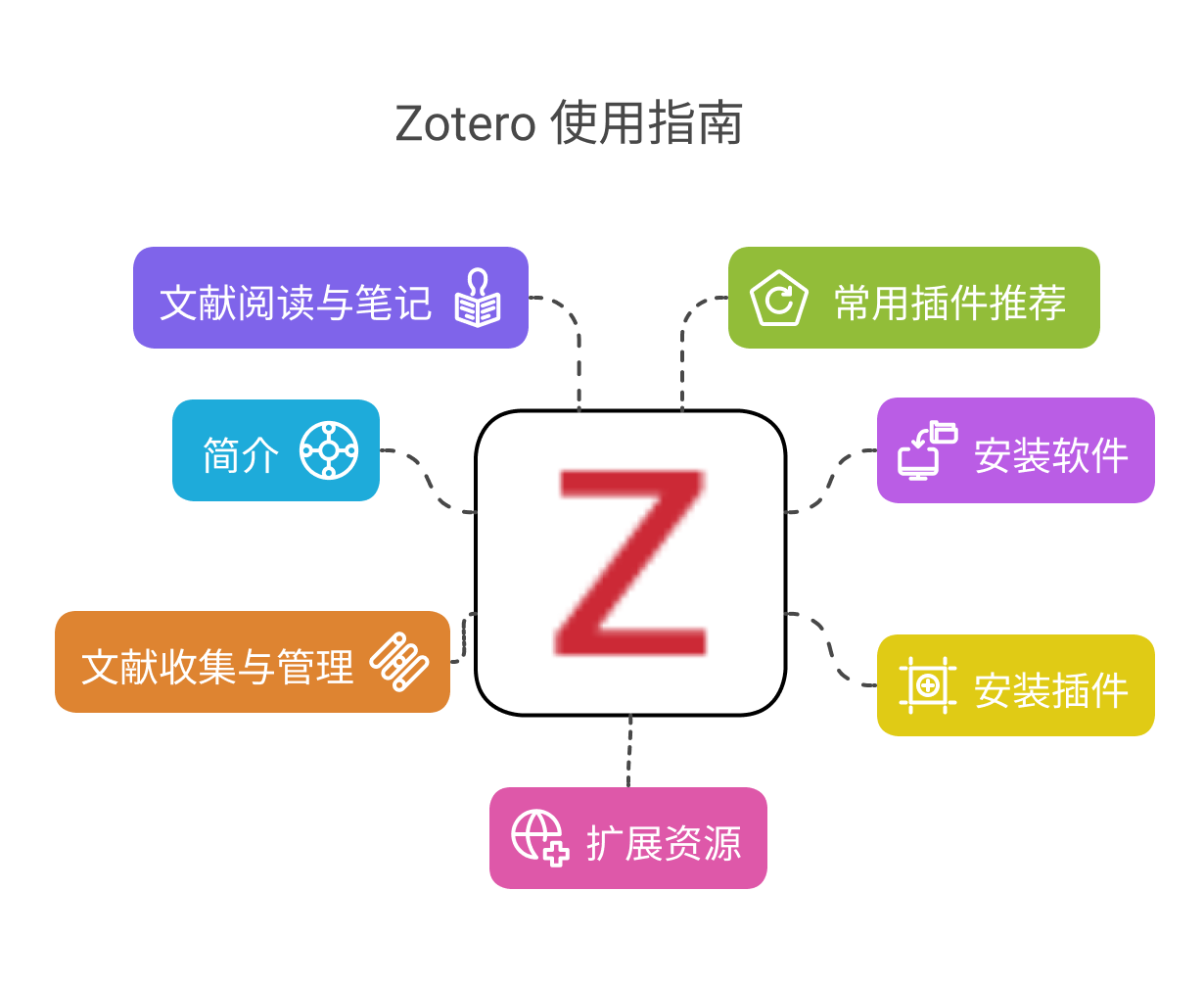
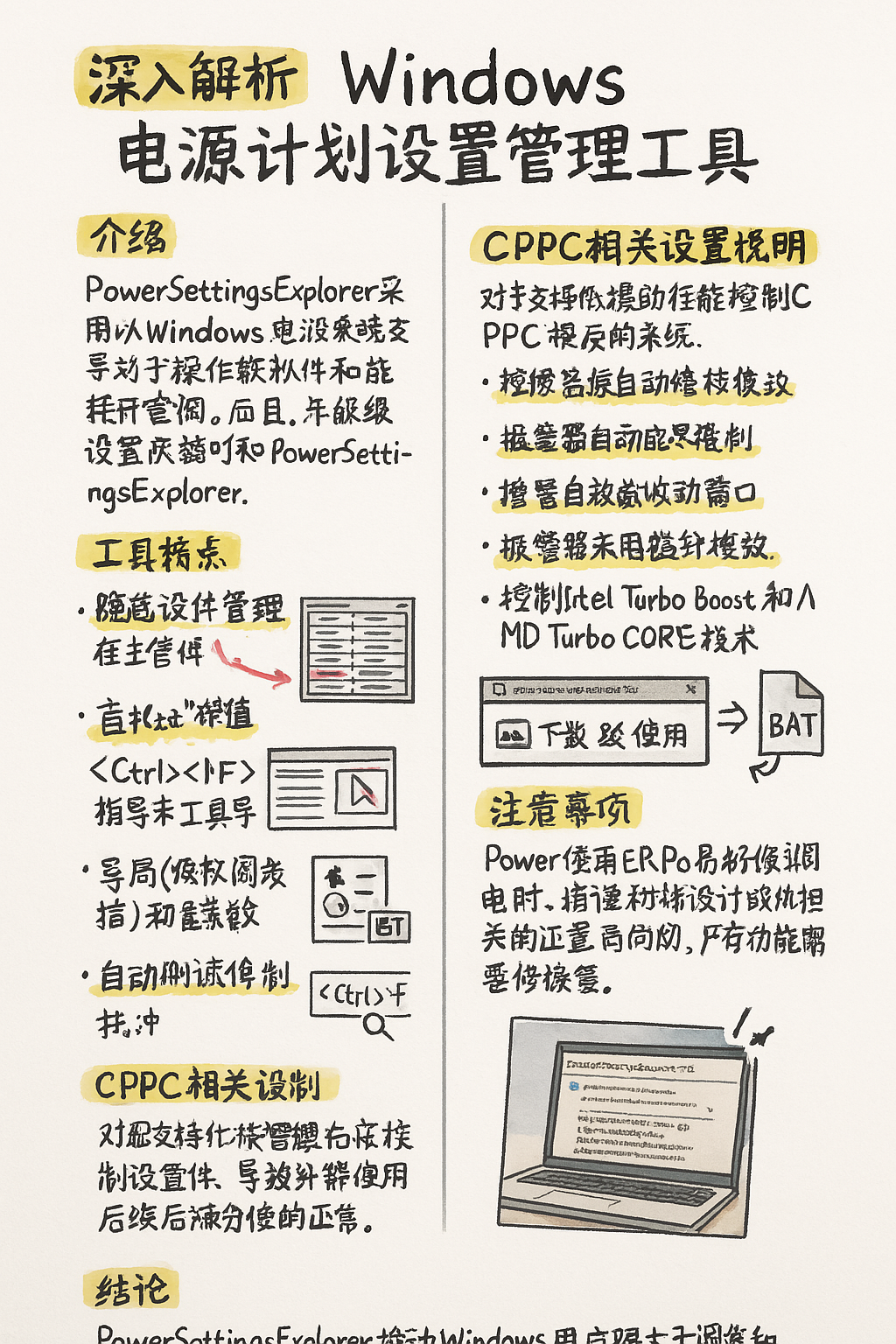

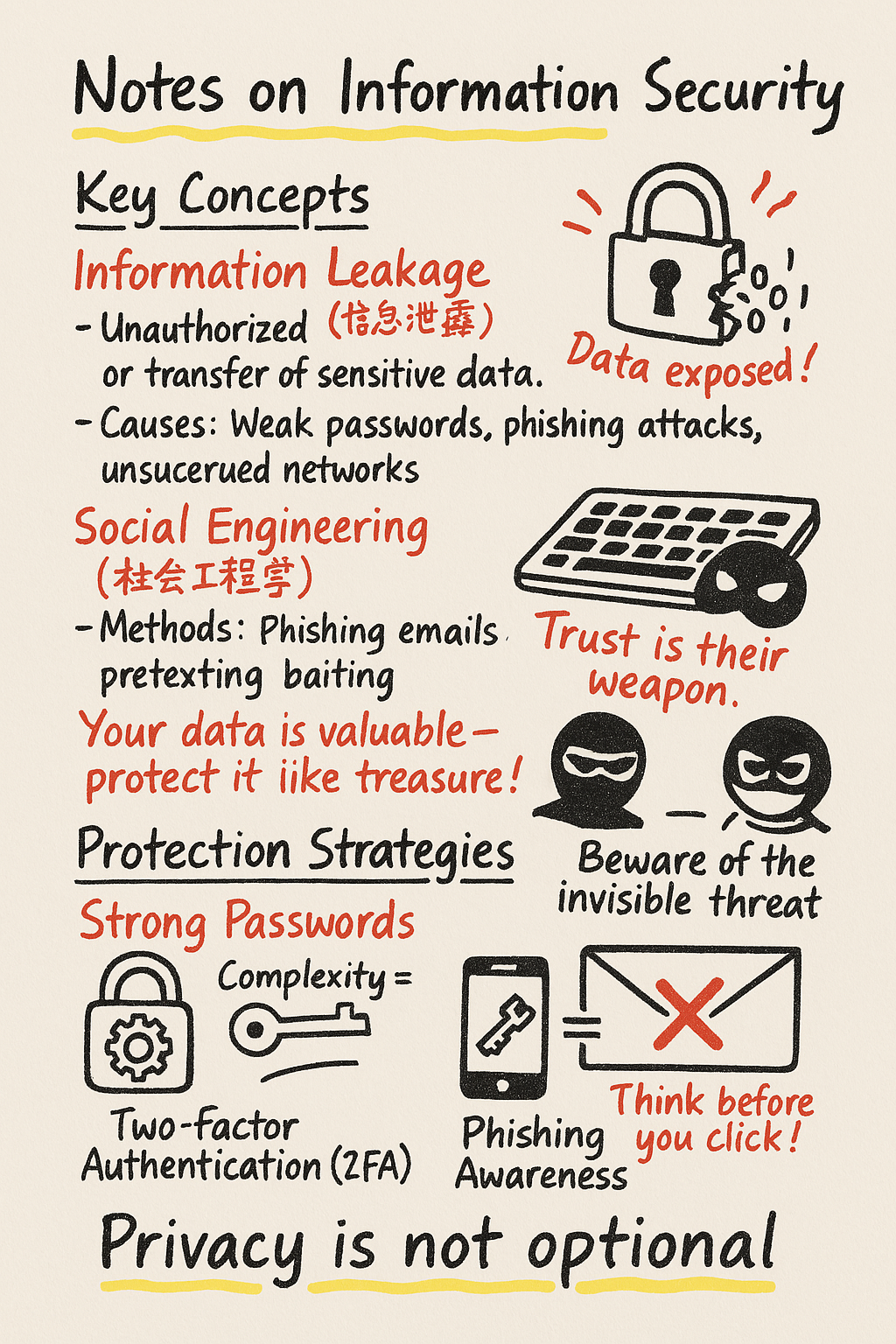



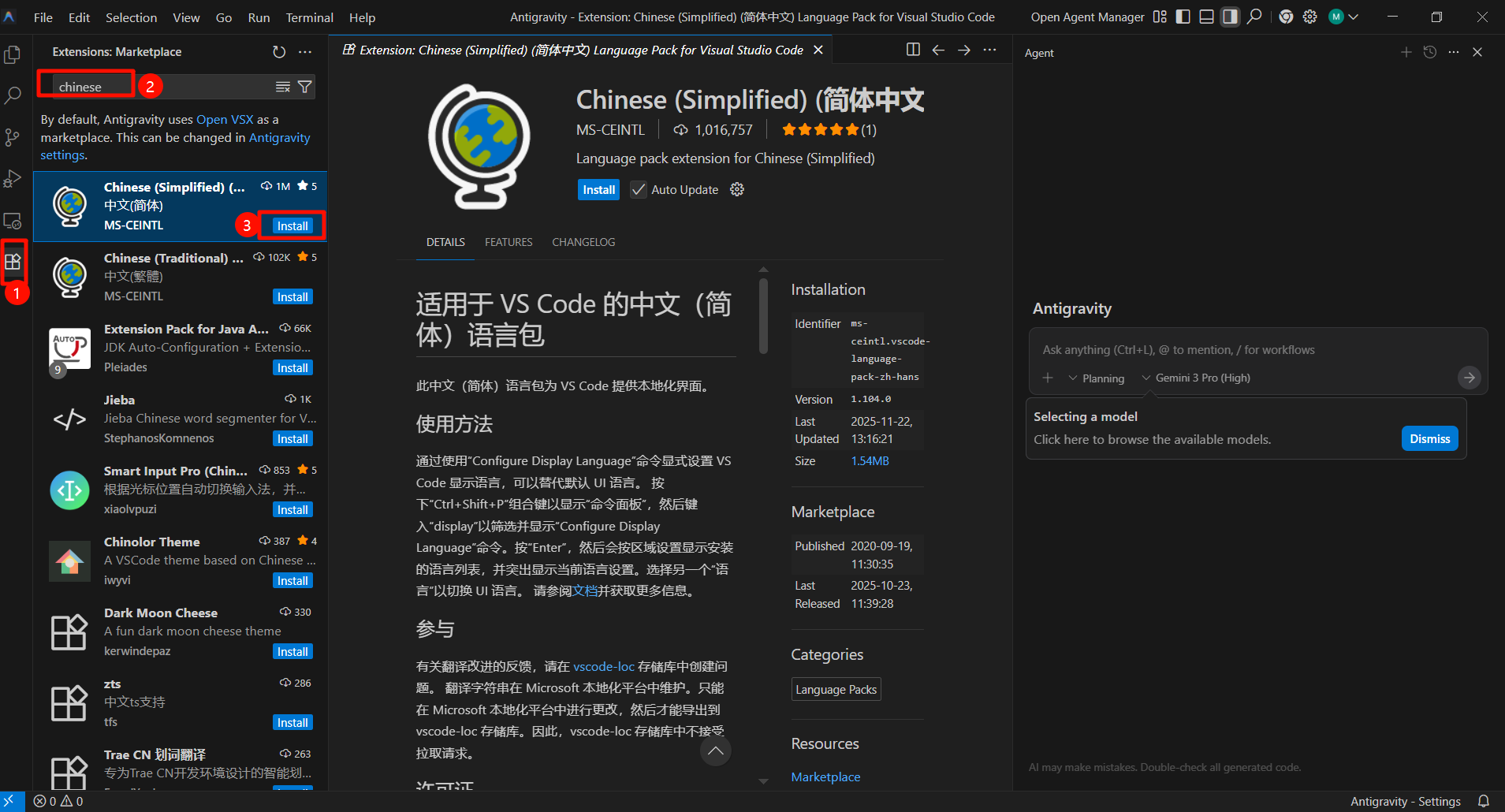


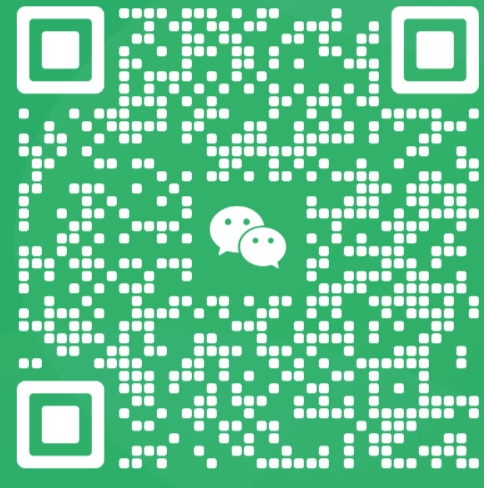
暂无评论内容